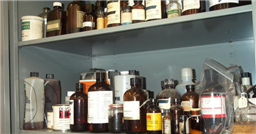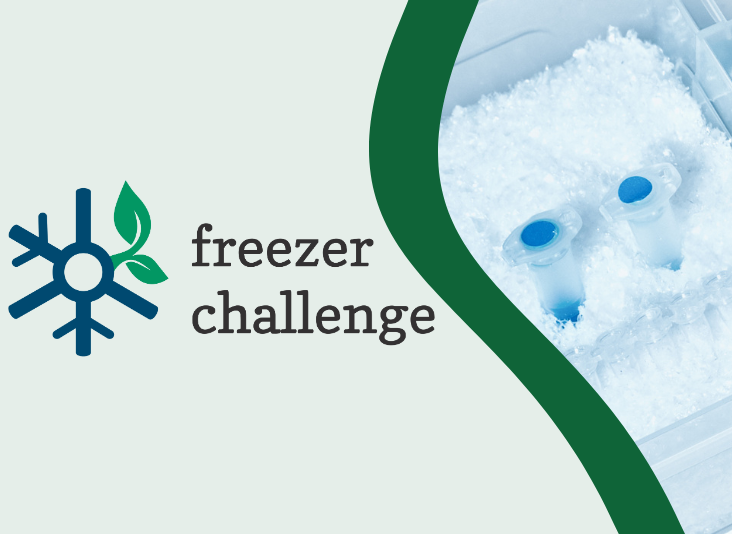Making Sense of the Expiration or Retest Date on Your Lab's Chemical Bottles
One of the most common issues found during a typical high-haz walkthrough of any lab is the presence of chemicals kept and used past their expiration date. While it may not seem like a big deal to many, especially if those chemicals are old and hardly used, keeping some chemicals too long past their expiration date can spell danger for those working in the lab. Here are some tips for making sure you’re not creating a hazard by keeping your chemicals past their usefulness.
 Check the Retest Dates
Check the Retest Dates
Many chemical manufacturers include only a Recommended Retest Date on their bottles, which can seem like a mixed bag at first. While not necessarily a date by which you should throw out the chemical, this is a date by which the manufacturer should have retested the chemical batch to ensure its safety and quality. Requesting a new certificate of analysis for any chemical that is nearing its retest date is a good way to stay safe when storing and working with these types of chemicals, since this retest certificate will show whether the chemical test has been passed the test. If the company hasn’t retested their chemical by the time the retest date comes up, performing your own quality control test will help keep your inventory in tip-top shape.
Adhere to Expiration Dates
Expiration dates are more concrete than retest dates, since they indicate at what point a chemical may begin to decline in quality or stability. Expiration dates are most important in chemicals that can form salts or other precipitates over time, like diethyl ether. Diethyl ether and similar chemicals can form dangerous peroxides over the course of years that can explode on contact if disturbed. These chemicals should be monitored very closely and their expiration dates adhered to down to the minute so they can be safely disposed of before they cause an explosion or other accident. In fact, some chemical manufacturers and EHS professionals will suggest you test these chemicals before every time you use them. It is highly recommended that you log these expiration dates in a chemical inventory management system that can send notifications when it’s time to check or dispose of these dangerous materials.
No Date at All?
If there’s no expiration or retest date anywhere on the bottle, then the waters get a bit murkier, and the line between safe and dangerously old becomes less clear. Solid lab chemicals generally have a pass until they’ve been in inventory for five years under recommended storage conditions. Under less than ideal conditions, such as after the bottle's seal has been broken or if the chemical has been transferred to a different container, the chemical will move closer to the point of needing to be disposed of. Refrigerated liquid chemicals may last quite a bit less time than solids, with some chemicals having recommended expiration dates of as little as 12 to 18 months. A qualified chemical storage specialist will be able to give you a better idea of exactly how long a given chemical will last based on known expiration dates of similar chemicals or previous knowledge of the specific chemical in question.
Managing Your Chemicals Safely
Triumvirate Environmental helps organizations manage their high-haz lab chemicals compliantly and cost-effectively. Learn about our Chemical Inventory Management services.






 Check the Retest Dates
Check the Retest Dates



.png)